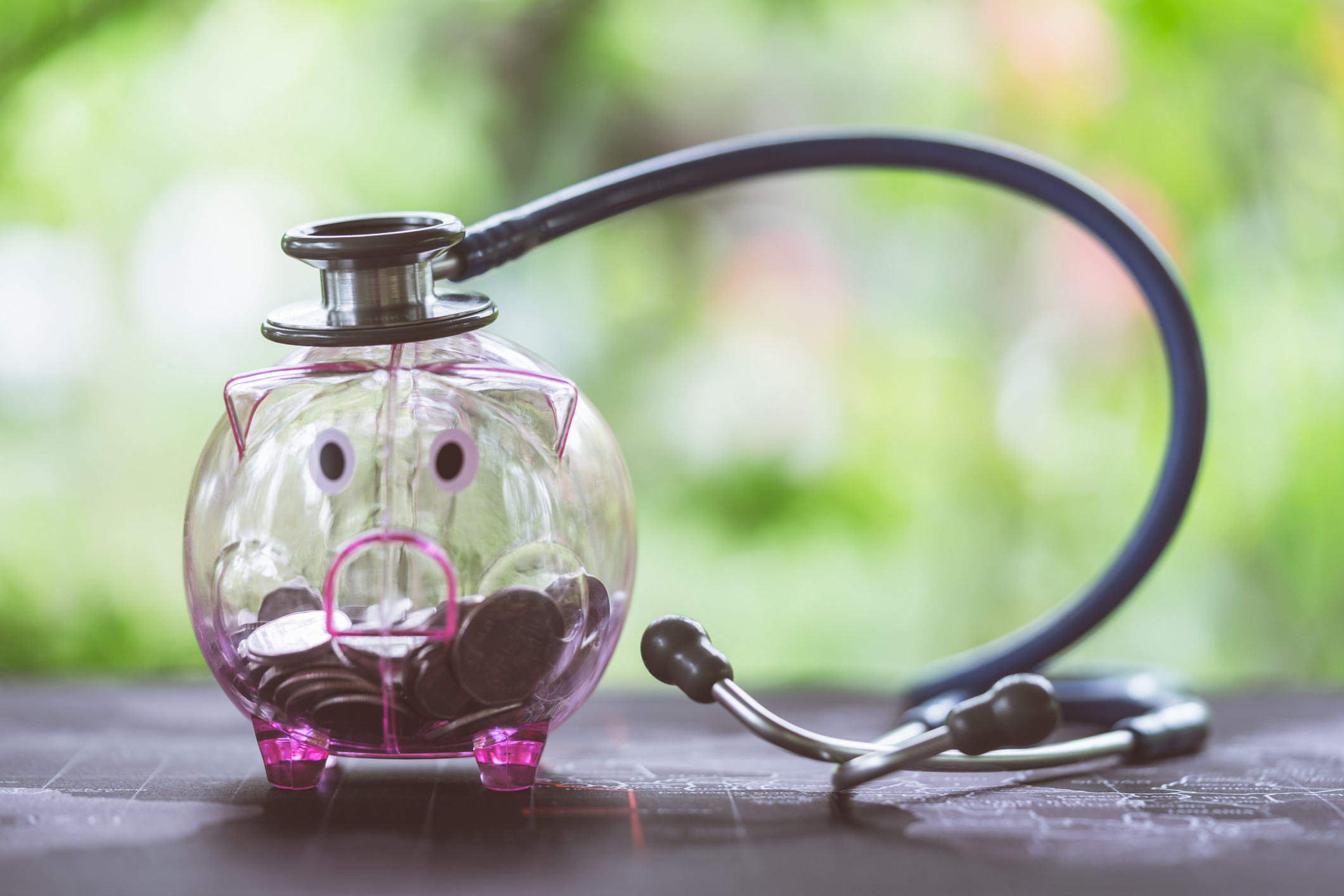Harvard Health Blog
Healthcare freebies that can make you, and your wallet, feel a little better

"Take the cookies, bring them home to the kids!" Craig always insists, as he pops a few into my lunch bag. It's a heartwarming gesture that I love about his Sarasota deli — in addition to the killer turkey on whole wheat. You may not be surprised when local businesses throw in a freebie; they often go the extra mile to thank customers.
But you may be surprised to know that there are lots of free things out there that can help your health. Okay, not cookies, but things with real value when it comes to improving everything from chronic disease to diet and fitness.
Free prescription drugs
Some stores (such as Publix and Harris Teeter chain stores in the southeastern United States, and Meijer stores in the Midwest) offer free generic versions of many prescription medications, regardless of whether you have financial need. Examples include antibiotics, such as amoxicillin or cephalexin; blood pressure medications, such as amlodipine or lisinopril; metformin to treat diabetes; and montelukast to treat allergies.
Ask your pharmacist if a drug you're taking might be available in a free generic version, and ask your doctor if it's possible to switch to it.
Free blood pressure screenings
Blood pressure machines in a mall or grocery store are usually free, but the measurements may not be accurate. Instead, have a health care worker take your blood pressure. Many pharmacies offer this free service. "It is a huge help when patients can get their blood pressures taken outside the stressful environment of a doctor's office," explains geriatrician Dr. Suzanne Salamon, an assistant professor at Harvard Medical School.
She suggests keeping a chart of several readings you get at pharmacies and bringing or sending them to your physician. This helps distinguish between real blood pressure increases and "white coat" hypertension (caused by nerves in the doctor's office) — and could make the difference between adding new medicines or not.
Free advice
Some places you already visit may offer free advice that can benefit your health. At the drugstore, for example, pharmacists can provide insight about your medications, when to take them, and how they might interact with other drugs or over-the-counter remedies.
At the grocery store, produce managers can show you what's in season and offer tips on selecting ripe vegetables and fruit. Meat, poultry, and seafood counter workers can point you to the freshest or leanest proteins and suggest recipes.
Another source for free advice: local hospitals and health insurance plans that provide 24-hour toll-free health hotlines. These feature nurses who can answer basic health questions or assess symptoms and advise you about when to seek treatment.
Free food
A healthy diet is essential for good health. Local food banks are wonderful resources for free food — not just non-perishable goods but also fresh, locally grown produce. Of course, you have to be financially eligible for that. There may not be a fee, however, for groups that deliver fresh meals to older adults who are homebound or unable to cook for themselves. Meals on Wheels is a good example.
There's no fee for more than a dozen nonprofit groups offering fresh, medically tailored meals to people who are too sick to buy groceries or cook for themselves. Examples of these groups include Community Servings in Boston. To find more groups, check out the Food Is Medicine Coalition.
And you may find the occasional free cookie at your favorite deli. It won't boost your health, but the gesture of kindness sure will make you feel good!
Disclaimer:
As a service to our readers, Harvard Health Publishing provides access to our library of archived content. Please note the date of last review or update on all articles.
No content on this site, regardless of date, should ever be used as a substitute for direct medical advice from your doctor or other qualified clinician.















